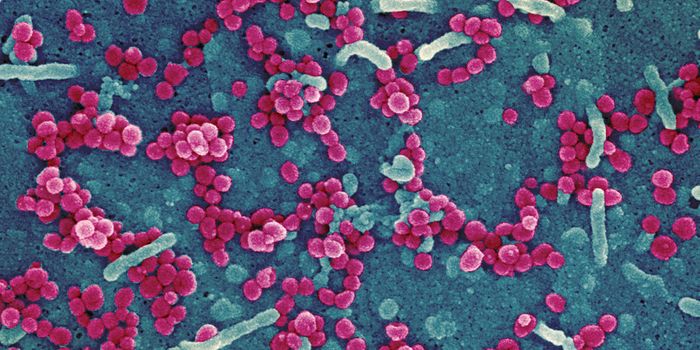Inhibiting a gene early on in type I diabetes could stop the disease in its tracks.
Type I diabetes, or insulin-dependent diabetes, is a multigenic condition in which multiple genes are associated with the onset of the disease. In type I diabetes, pancreatic beta cells are recognized and destroyed by the body’s immune system, especially white blood cells. Pancreatic beta cells are responsible for the synthesis of the hormone insulin. Thus, patients synthesize little or no insulin, which can be lethal. Insulin is the hormone that the body needs to facilitate glucose uptake by cells. After a meal, when cells cannot take up glucose, it accumulates in the blood. A high, untreated blood glucose level can result in life-threatening conditions associated with premature morbidity in the disease.
Type I diabetes has no cure, and patients rely on exogenous insulin to maintain blood glucose and manage the disease through diet and lifestyle. Currently, no medical intervention can prevent the condition.
Researchers at the University of Helsinki have identified have identified one gene, TYK2, associated with type I diabetes. When the gene is inactive or not expressed, it hinders the pathways leading to the progression of the disease. When scientists attempt to inhibit the expression of this gene via a chemical inhibitor, it prevents the firing of autoimmune pathways that result in type I diabetes. They identified that the chemical inhibitor of the TYK2 gene directly prevents the autoimmune cells from attacking the pancreatic beta cells. They also observed that removing the gene had the same effect on type I diabetes as the inhibitor, thus confirming the role of TYK2 in causing type I diabetes.
Interestingly, this chemical inhibitor of TYK2 is approved in the US and used to treat another autoimmune condition called psoriasis. The next step is to further characterize the role of TYK2 inhibitors in preventing type I diabetes in animal model systems before moving to clinical trials. The current use of the drug for psoriasis means that the safety effects of the drug have already been considered, which provides a promising outlook for its use for type I diabetes prevention. Identifying high-risk individuals early on will be crucial to the success of this drug because the autoimmune condition that destroys pancreatic beta-cells would need to be stopped before symptoms appear.
Sources: Eurekaalert!, Nature communications









